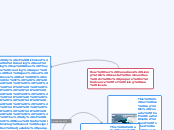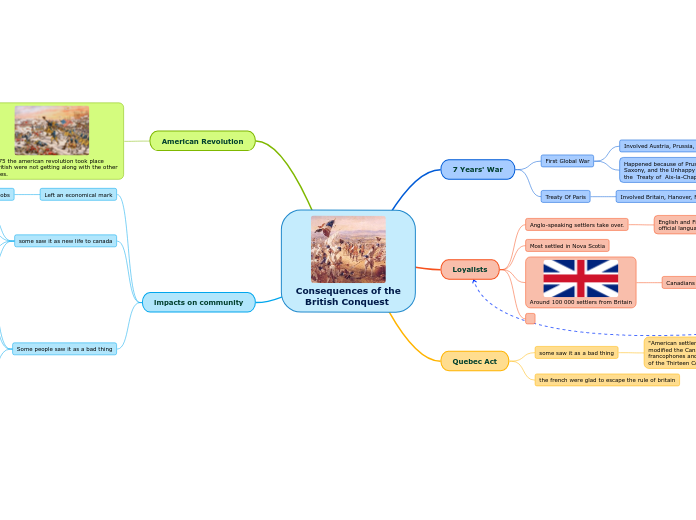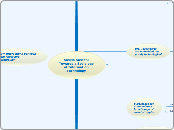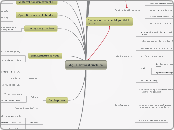door Ly Kyan 6 jaren geleden
379
Rising Sea levels Geo G9
Coastal communities in Canada are taking various measures to mitigate the impact of rising sea levels. For instance, the city of Richmond, British Columbia, is constructing extensive dikes, whereas Halifax, Nova Scotia, is contemplating adjustable parapet walls around its wharfs.









